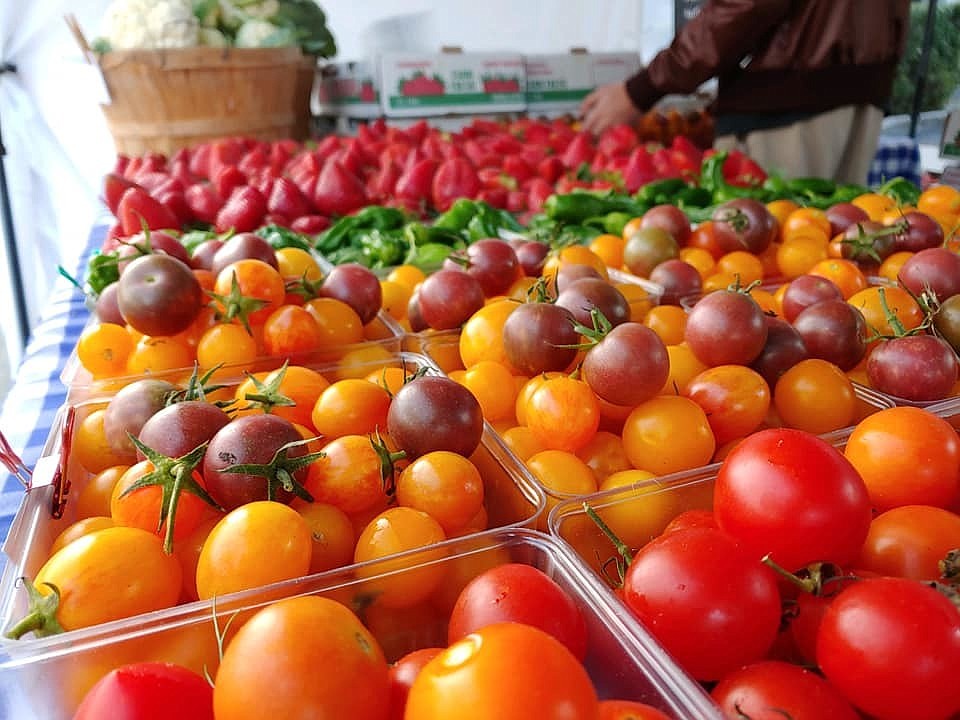While political pontificators pick apart whether a revised North American free trade agreement will be good or bad for general business interests, some Florida growers could die on the vine. Or in the strawberry patch.
That’s the view of a new University Florida study, which projects tomato, strawberry and bell pepper growers statewide could lose up to $400 million a year if Congress ratifies the U.S.-Mexico-Canada Agreement — the new NAFTA —without preventing Mexico from pushing subsidized produce into American markets. In one sense, the study, from UF’s Institute of Food and Agricultural Sciences, prolongs a deep-rooted problem: Agriculture products imported from Mexico, the study shows, have cost Florida farmers up to $3 billion since 2000.
The USMCA would only extend the pain. “Similar to NAFTA, the current version of the proposed USMCA does not provide protections for U.S. growers, particularly those that produce for the winter season market, from seasonal losses,” the study states. “The continuation of these trends will likely result in continued losses for the fruit and vegetable industry [and overall economy] in Florida.”
On the Mexico side, imports coming into the U.S. of tomatoes, strawberries, blueberries and bell peppers increased from 1.75 million to 2.32 million metric tons from 2010 to 2018, the report shows. That’s up 33%. Strawberries led the way with a 79% increase, followed by 56% for bell peppers, 34% for blueberries and 23% for tomatoes. The value of those commodities, the report found, increased 74%, from $2.16 to $3.76 billion.
Meanwhile, the report states, “Concurrent with the increased Mexican imports, production of some fresh fruits and vegetables in Florida has declined. Between 2010 and 2018, production value of [Florida] tomatoes, strawberries and bell peppers decreased by 58%, 22% and 27%, respectively.”
In addition, the study calculates that in 2018 “the volume of vegetables in Florida that were not sold, presumably due to poor market conditions, nearly doubled from the previous year to over 90 million pounds, representing 2.7% of all vegetables produced.”






